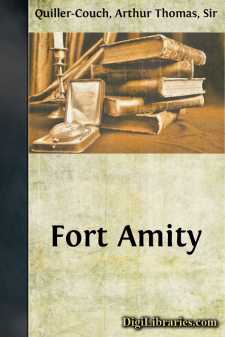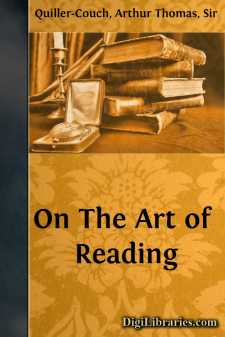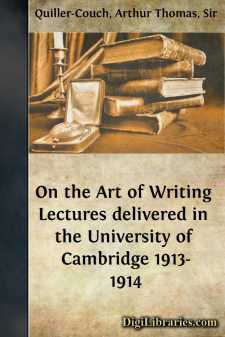Categories
- Antiques & Collectibles 13
- Architecture 36
- Art 48
- Bibles 22
- Biography & Autobiography 815
- Body, Mind & Spirit 144
- Business & Economics 28
- Children's Books 18
- Children's Fiction 14
- Computers 4
- Cooking 94
- Crafts & Hobbies 4
- Drama 346
- Education 58
- Family & Relationships 59
- Fiction 11835
- Games 19
- Gardening 17
- Health & Fitness 34
- History 1378
- House & Home 1
- Humor 147
- Juvenile Fiction 1873
- Juvenile Nonfiction 202
- Language Arts & Disciplines 89
- Law 16
- Literary Collections 686
- Literary Criticism 179
- Mathematics 13
- Medical 41
- Music 40
- Nature 180
- Non-Classifiable 1768
- Performing Arts 7
- Periodicals 1453
- Philosophy 65
- Photography 2
- Poetry 896
- Political Science 203
- Psychology 44
- Reference 154
- Religion 515
- Science 126
- Self-Help 85
- Social Science 83
- Sports & Recreation 34
- Study Aids 3
- Technology & Engineering 60
- Transportation 23
- Travel 463
- True Crime 29
Our website is made possible by displaying online advertisements to our visitors.
Please consider supporting us by disabling your ad blocker.
Shining Ferry
Description:
Excerpt
CHAPTER I.
ROSEWARNE OF HALL.
John Rosewarne sat in his counting-house at Hall, dictating a letter to his confidential clerk. The letter ran—
"Dear Sir,—In answer to yours of the 6th inst., I beg to inform you that in consequence of an arrangement with the Swedish firms, by which barrel-staves will be trimmed and finished to three standard lengths before shipment, we are enabled to offer an additional discount of five per cent, for the coming season on orders of five thousand staves and upwards. Such orders, however, should reach us before the fishery begins, as we hold ourselves free to raise the price at any time after 1st July. A consignment is expected from the Baltic within the next fortnight."
The little clerk looked up. His glance inquired, "Is that all?"
"Wait a minute." His master seemed to be reflecting; then leaning back in his chair and gripping its arms while he stared out of the bow-window before him, he resumed his dictation—
"I hope to be in Plymouth on Wednesday next, and that you will hold yourself ready for a call between two and three in the afternoon at your office."
"I beg your pardon, sir," the clerk interposed, "but Mr. Samuel closes early on Wednesdays.
"I know it. Go on, please—
"I have some matters to discuss alone with you, and they may take a considerable time. Kindly let me know by return if the date suggested is inconvenient."
"That will do." He held out his hand for the paper, and signed it, "Yours truly, John Rosewarne," while the clerk addressed the envelope. This concluded their day's work.
Rosewarne pulled out his watch, consulted it, and fell again to staring out of the open window. A climbing Banksia rose overgrew the sill and ran up the mullions, its clusters of nankeen buds stirred by the breeze and nodding against the pale sunset sky. Beyond the garden lay a small orchard fringed with elms; and below this the slope fell so steeply down to the harbourthat the elm-tops concealed its shipping and all but the chimney-smoke of a busy little town on its farther shore. High over this smoke the rooks were trailing westward and homeward.
Rosewarne heard the clank of mallets in a shipbuilding yard below. Then five o'clock struck from the church tower across the water, and the mallets ceased; but far down by the harbour's mouth the crew of a foreign-bound ship sang at the windlass—
"Good-bye, fare-ye-well—Good-bye, fare-ye-well!"
[In the original text a short length of musical score is shown]
The vessel belonged to him. He controlled most of the shipping and a good half of the harbour's trade. As for the town at his feet, had you examined his ledgers you might fancy its smoke ascending to him as incense. He sat with his strong hand resting on the arms of his chair, with the last gold of daylight touching his white hair and the lines of his firm, clean-shaven face, and overlooked his local world and his possessions. If they brought him happiness, he did not smile.
He aroused himself with a kind of shake of the shoulders, and stretched out a hand to ring, as his custom was after the day's work, for a draught of cider....












